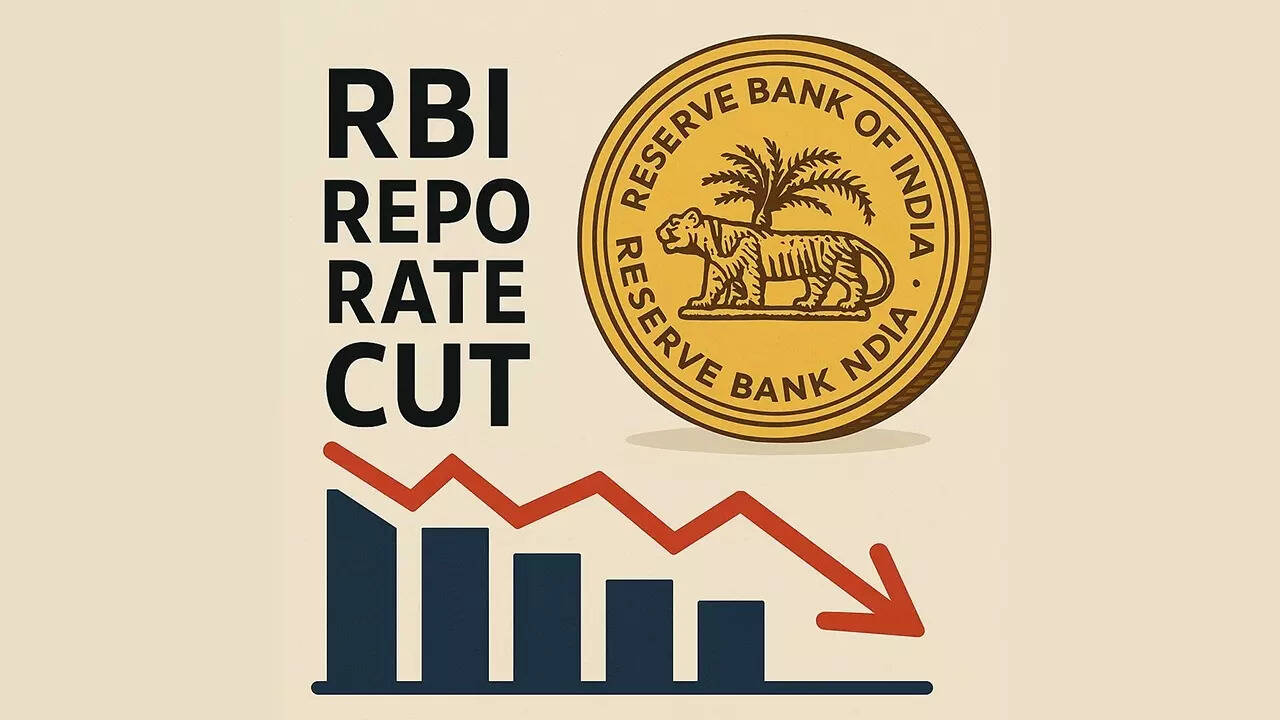Germany has officially replaced Japan as the world’s largest net creditor, ending a 34-year dominance and signaling a new shift in global economic dynamics. According to the International Monetary Fund (IMF), this development reflects Germany’s robust export performance and fiscal discipline, while Japan sees a decline amid domestic challenges.
Why Germany Now Leads the Pack
Germany’s position as the top creditor means it holds more foreign financial assets than it owes. In 2023, its net international investment position (NIIP) reached $3.7 trillion. This shift results from Germany’s consistent trade surpluses, tight fiscal policies, and steady capital inflows. Japan, in contrast, fell to second place with a NIIP of $3.5 trillion due to a depreciating yen and stagnant growth.
“This change highlights how economic fundamentals and currency movements can alter the global financial balance,” said an IMF economist.
Japan’s Decline Explained
Japan’s weakening position stems from the yen’s depreciation and long-standing economic issues. The Bank of Japan’s ultra-loose monetary policy has kept interest rates low, discouraging foreign investment in Japanese assets. Meanwhile, Germany benefited from global demand for machinery, vehicles, and chemicals—its major exports.
Global Impact of This Change
This creditor shift has significant implications for geopolitics and global markets. With greater creditor power, Germany may wield more influence in setting global financial terms. It could also affect the Eurozone’s monetary direction and stability.
For investors and policymakers alike, understanding these trends is crucial for making informed decisions in an evolving economic landscape.
What This Means for the Future
Germany’s rise is not just a milestone; it’s a signal. The global economy is changing. Emerging markets, shifting demographics, and technology-driven productivity gains could influence which nations dominate future creditor rankings.
📊 Understanding the Shift
As of the end of 2024, Germany’s net external assets stood at ¥569.7 trillion ($3.98 trillion), overtaking Japan’s ¥533.1 trillion ($3.73 trillion). Despite Japan’s net external assets reaching a record high, the depreciation of the yen against major currencies diminished the value of its overseas holdings in yen terms.
Germany’s ascent is attributed to its stable euro currency and consistent current account surpluses, reflecting robust export performance and prudent fiscal management.
🔍 Looking Ahead
This transition may influence international investment decisions, with Germany potentially attracting more foreign capital. It also emphasizes the importance of currency stability and sound economic policies in maintaining a nation’s financial standing on the global stage.
Key Takeaways
- Germany now leads the world in net foreign assets after surpassing Japan.
- Japan’s fall results from a weakening yen and slower economic momentum.
- Global financial power may shift more toward Europe due to this change.
- Investors should watch currency trends and creditor rankings closely.
Stay with us for regullar updates!!!!!



